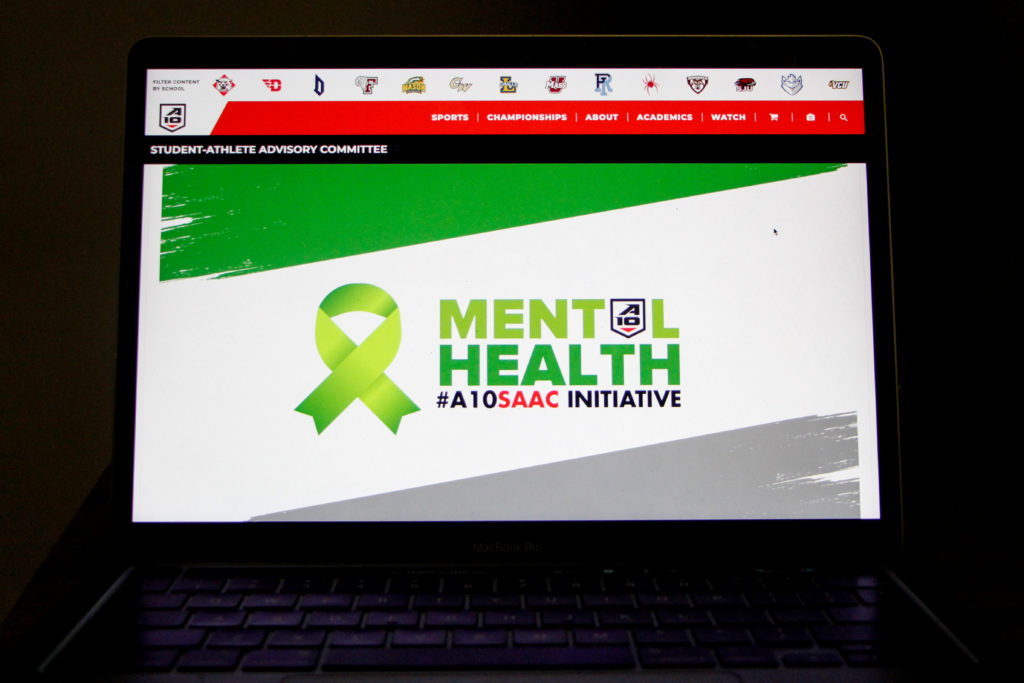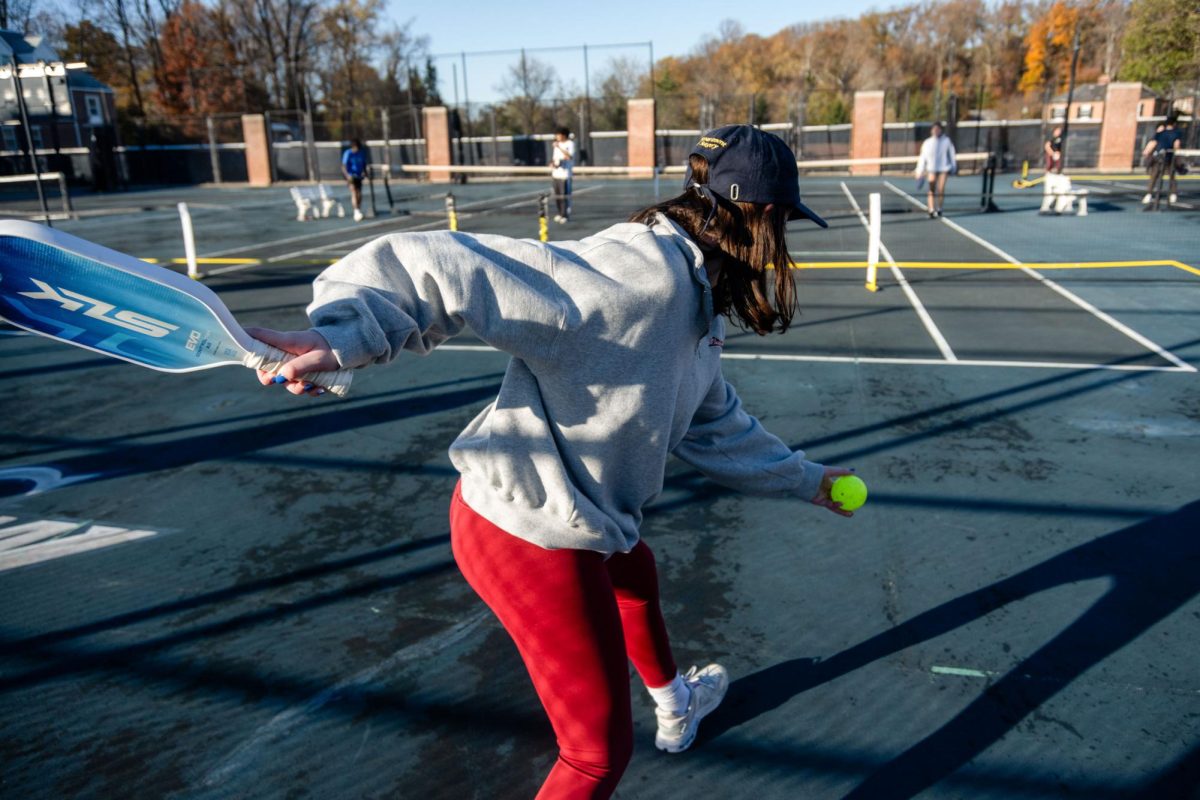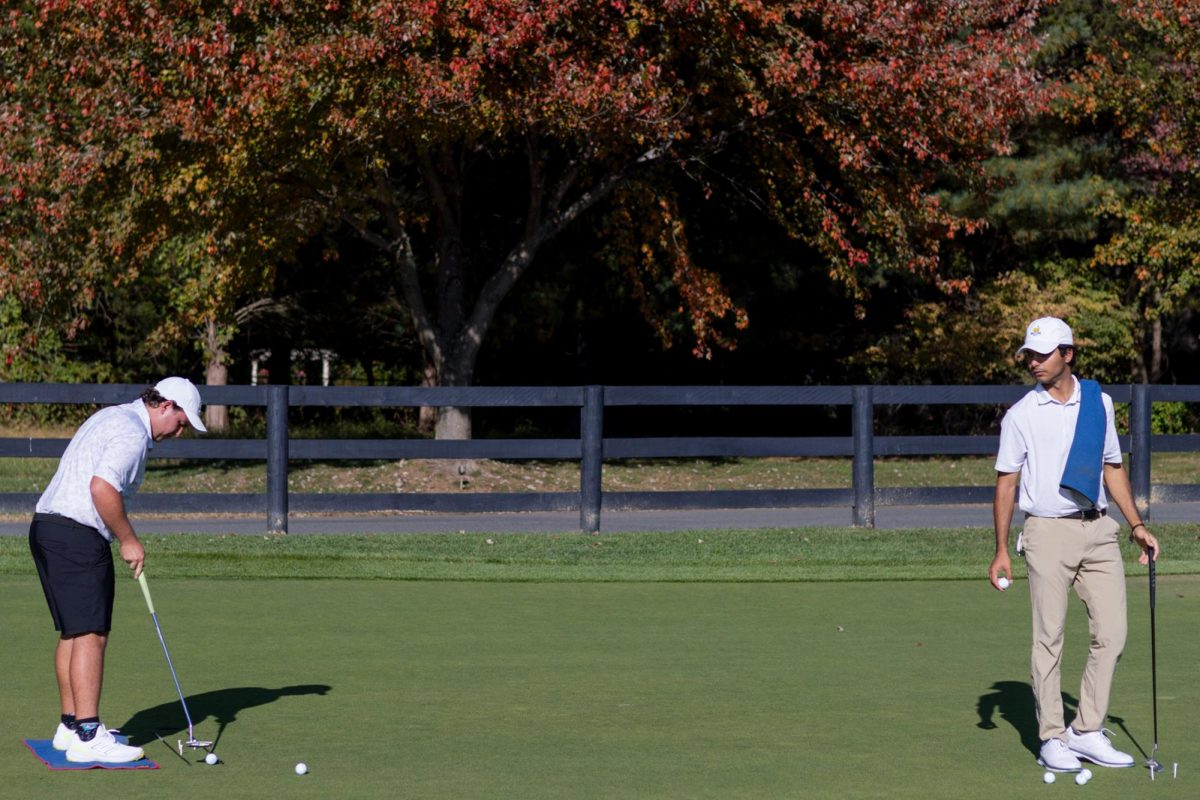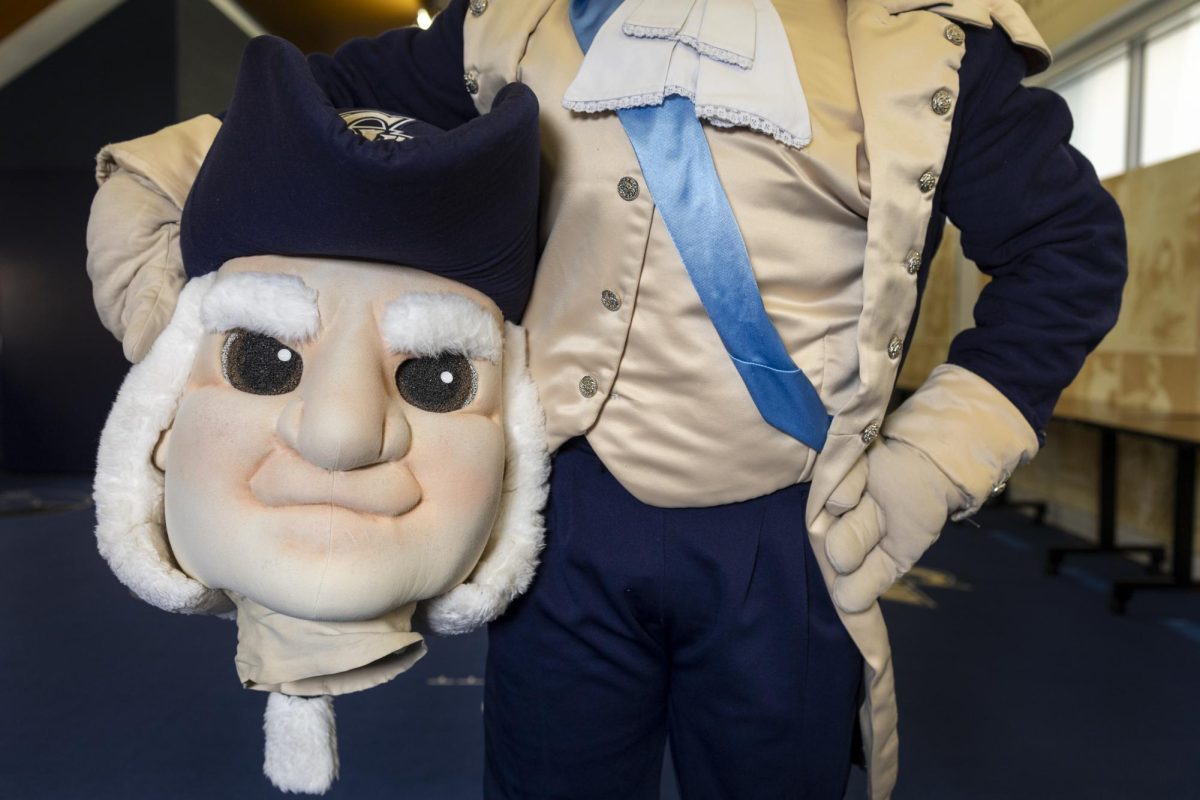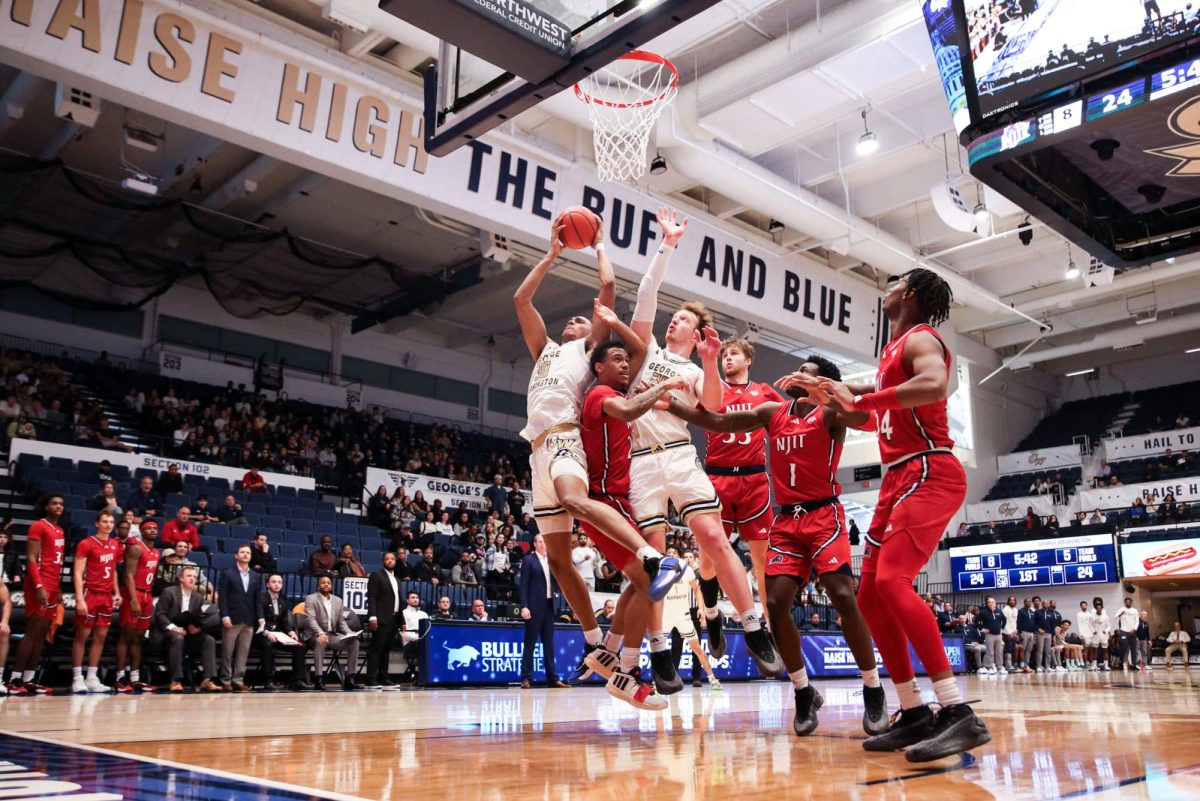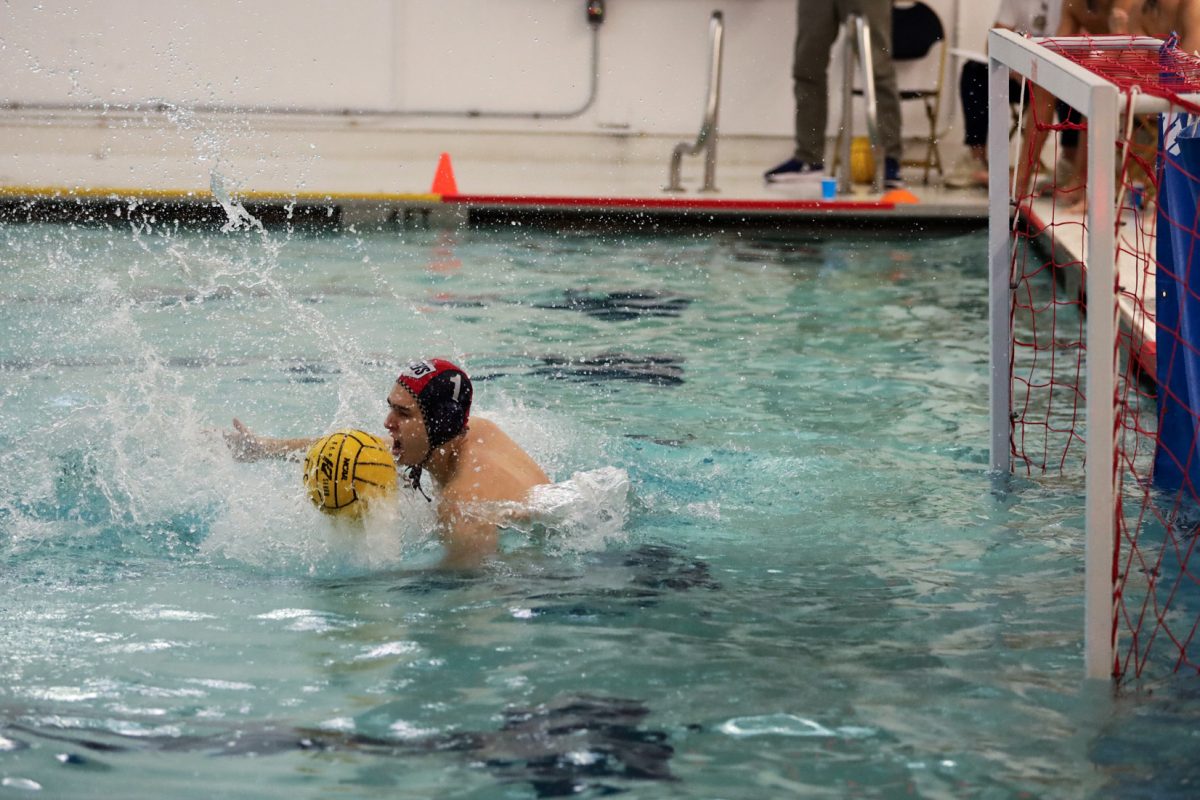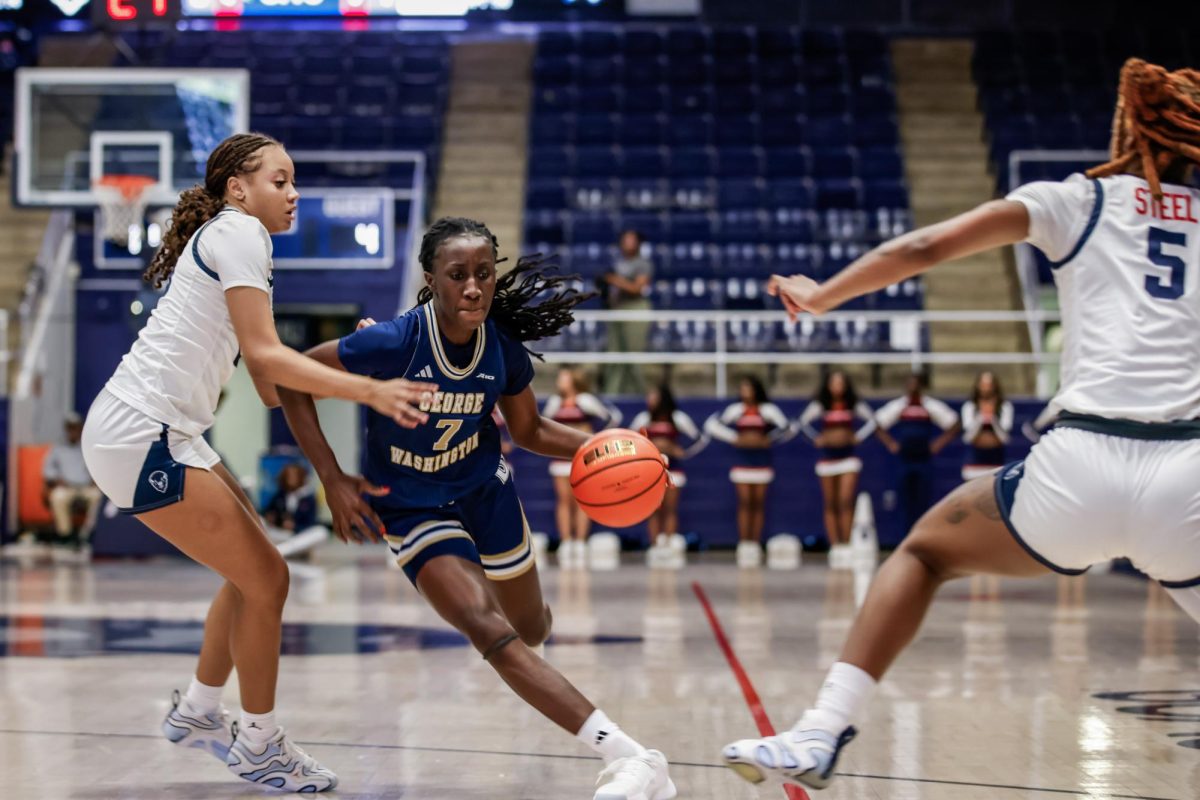The Atlantic 10 Student-Athlete Advisory Committee launched a series of mental health discussions this month to promote the ongoing national conversation on mental health’s impact on student-athletes.
The committee, where student-athletes collaborate with administration, coaches and NCAA representatives, will release the nine-part Mental Health Series throughout the month, featuring student-athletes who interview mental health professionals on ways to work against mental health issues like depression, anxiety and stigmas surrounding the issues. The initiative comes as recent suicides coupled with an overload of stress and burnout have raised mental health concerns for student-athletes across the country.
Several NCAA student-athletes have committed suicide this spring – Stanford soccer captain Katie Meyer, Wisconsin track athlete Sara Schultze and James Madison softball player Lauren Bernett – but the NCAA has yet to respond.
The committee launched the initiative to help student-athletes understand the impact mental health can have on their well-being and to promote psychological resources around the league. The conversations in the videos encourage student-athletes to start open discussions about mental health while fostering a supportive environment.
“With the mental health crisis among student-athletes being very real and prevalent, A-10 SAAC wanted to provide resources to student-athletes across the conference,” Cody Shimp, the committee’s president said in the release. “This mental health video series put together in conjunction with Atlantic 10 student-athletes, psychologists and former athletes aims to answer questions on the topic of mental health. It is essential to communicate that everyone faces obstacles and these obstacles don’t need to be experienced.”
The NCAA assembled a publication called Mental Health Best practices in 2016 to recommend resources to colleges for student-athletes and a student-athlete well-being scale in 2020, which screens and tests the mental health of student-athletes.
Student-athletes at GW said in the fall that the pandemic caused their mental health to decline as they felt removed from the college environment and struggled to find a balance between their academics, athletics and personal lives. They said the athletic department provided support for their mental health throughout the pandemic, encouraging them to meet with mental health professionals and lean on each other for support.
GW Athletics spokesperson Brian Sereno said GW connects student-athletes to clinical sports physicians and psychologists who offer mental wellness consultation, and the athletic department relays information about mental health and stress management through monthly emails from Chris Hennelly – the athletics director for student-athlete health, well-being and performance. Support is also available from Counseling and Psychological Services, which is open to all students, through the Colonial Health Center.
Chris Hennelly – the athletics director for student-athlete health, well-being and performance – has discussed mental health with GW coaches in previous years in addition to offering first-aid training to support student-athletes’ health and wellness.
Henelly also sends emails throughout the year with information on resources and tips for mental health topics like suicide prevention and final exam season self-care. Henelly sent a list of six tips student-athletes could follow like creating a routine, sleeping more and exercising to “wind down” at the end of the semester, in an email sent to student-athletes late last month acquired by The Hatchet.
“The end of the semester can be an overwhelming time, whether you’re studying for finals, preparing for graduation or heading home for the summer,” Henelly said in the email. “Engaging in self-care allows us to take care of ourselves and can bring us back to center when we start to feel stressed, off-track or burnt out.”
A clinical sports physician visits each athletic program three to four times per year to discuss mental health and how to manage the stress of the season with student-athletes. Sereno said a clinical psychologist visited the University late last month to discuss the transition from collegiate sports, the culmination of the school year and ways to adjust and cope with the end of college through mental wellness.
At least half of the schools in the A-10 post hotlines for mental health services on their website, and four advertise university mental health programs where any student can meet with psychologists or counselors.
UMass Amherst is the only A-10 member school that offers its own mental health program for student-athletes. The program, called Peak Performance, provides mental health training for student-athletes to manage the demands of being a Division I athlete through stress coping and a positive mental outlook while building quality relationships in and out of their sports.
The program provides performance-enhancement services that teach student-athletes to perform under stress, talk themselves through tough moments, sustain confidence, regulate emotion and work with setbacks in one-on-one sessions with licensed psychologists and a certified mental performance consultant. The program also includes consulting from coaches, athletic trainers, physicians and support staff about the intersection of mental health and performance.
About 33 percent of college students suffer from significant symptoms of depression, anxiety or other mental health conditions, according to research by Athletes for Hope. About 30 percent of those who suffer from mental health crises seek help, and only 10 percent have reported adequate resources.
About 35 percent of professional athletes suffer from mental health crises that manifest as eating disorders, stress, depression, burnout and anxiety.
The NCAA released the results of a league-wide survey on student-athlete mental health last May, which revealed that one in 10 students reported feeling depression levels that impacted their work “constantly” or “almost every day.” The survey showed that 150 to 250 percent more students reported mental health concerns during the pandemic compared to those in previous reports by the American College Health Association’s National College Health Assessment, a nationally recognized research survey that compiles data on the health habits of student-athletes.
Female student-athletes have reported more depressive symptoms than their male counterparts, according to a 2016 study by the National Library of Medicine.


